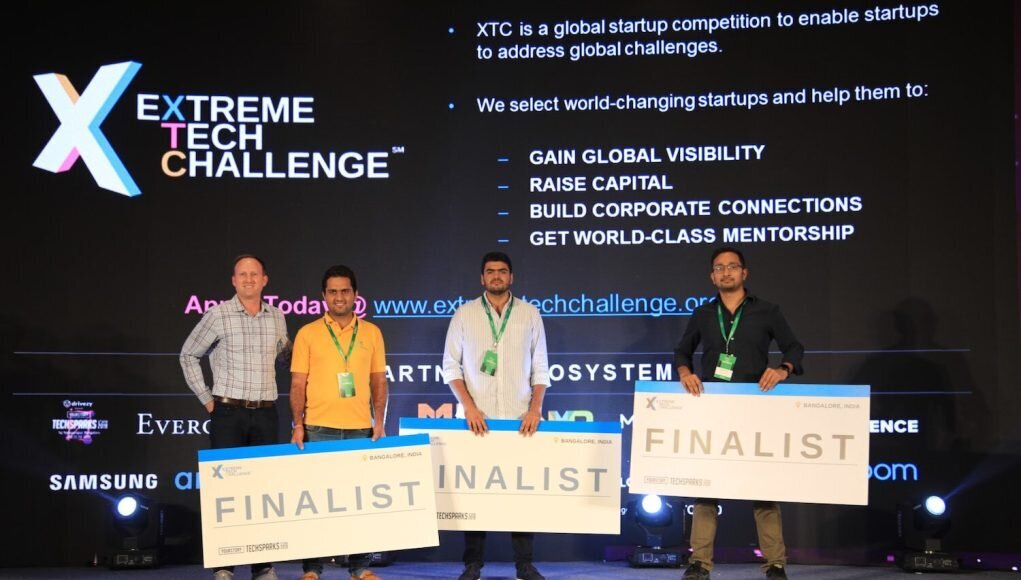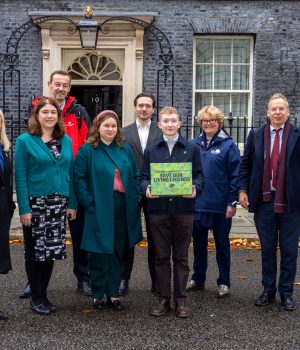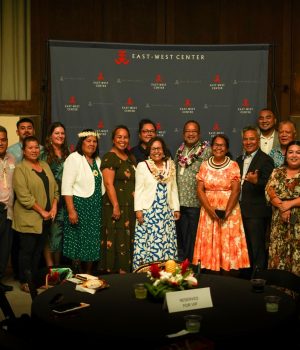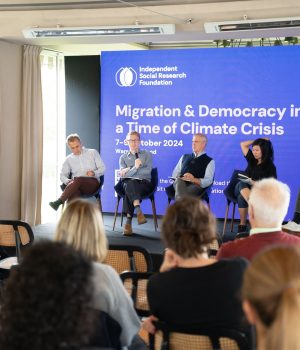Deadline: March 15, 2022 00:00 CET
[Oops, the opportunity has already expired. Sign up to AlphaGamma weekly newsletters to stay ahead of the game]| Apply here
Eligibility: The XTC Competition is open to all product or service submissions based on a new technology or an innovative application of an existing technology built by the submitting company that has the potential to address one of XTC’s Tech for Good categories. Applicants must be legally incorporated – or registered – in an eligible country.
Extreme Tech Challenge 2022
The Extreme Tech Challenge (XTC) competition is the world’s largest startup competition for entrepreneurs addressing global challenges.
Drawing from the United Nation’s 17 Sustainable Development Goals, XTC connects innovators with a network of investors, corporations, and mentors to help them raise capital, launch corporate collaborations, and scale their world-changing startups.
Helping startups change the world for the better
XTC is a non-profit organization behind the world’s biggest startup competition that aims to help startups change the world for the better. In its quest, Extreme Tech Challenge is supported by leading corporations, VCs, foundations, policymakers, universities and tech conferences.
Extreme Tech Challenge competitors will be evaluated by a team of highly experienced investors, entrepreneurs, and executives
Submissions will be judged based on their quality, ability to address the corresponding U.N. Sustainability Development Goals, and long-term viability. Each application will be evaluated based on the following criteria:
- Tech for Good and Impact on the Sustainable Development
- Goals of both the product and the Company’s operations
- Product Market Fit
- Product/Service Innovation
- Team
XTC 2022 Categories
- Advanced Materials – Innovations in chemistries, processes and end-product materials that cost-effectively fulfill industrial or consumer needs with lower environmental and energy impact – for example building materials, insulation, bioplastics, packaging, resins, thin-films, etc.
- Agtech & Food – Innovations enabling farmers, fishers and ranchers to provide food more efficiently and responsibly, or innovations in more sustainable and responsible chemistries for human end-use foods or plant/animal feed for cultivation businesses.
- Biotech – Innovations in biochemical, biomechanical and genetic diagnostics and therapies, that can more rapidly and equitably respond and mitigate ailments and/or reduce waste, cost and toxic side-effects or environmental threats.
- Cleantech, Energy and Environment – Innovations in reducing the environmental footprint of key industrial processes including energy generation, or that reverse or avoid environmental degradation of air and water in natural or built-environment settings.
- Digital Health – Innovations leveraging information and communications and/or advanced micro-sensor technology to provide healthcare services more responsively and equitably reducing delays, inaccuracies, as well as costs and complexities for both patient and provider.
- Edtech – Innovations in providing effective education to either underserved communities or new curriculum areas such as environmental or social diversity and justice or both, and preferably at lower cost points than current solutions.
- Enabling Tech – Relative pure technology plays such as devices, chemistries, components, cybersecurity, data infrastructure, 5G, quantum computing, AR/VR/UI, etc. that truly ‘make possible’ or ‘enable’ innovations in multiples of the other 9 areas of XTC. If technology is very specific to one of those 9 areas, it should compete in that category.
- Fintech – Innovations in providing capital, transactional or insurance service reducing costs, complexities and barriers to economic opportunity for underserved populations.
- Mobility – Innovations in vehicles, zero-emission drivetrains and energy, or related guidance, sharing, traffic, fleet components and services – those that increase the flexibility and resilience of transportation functions while reducing their environmental footprint and/or cleanly improve roaming for underserved populations.
- Sustainable Smart Cities – Innovations that leverage information and communications to improve the real-time adaptability and resilience of any element of urban living and civic welfare, reducing environmental and security threats or leveling service provisioning for underserved populations.
Interested in applying for the Extreme Tech Challenge 2022? Register your participation by following the registration link and taking the suggested steps.
For more life-changing opportunities, subscribe to our weekly newsletter and follow us on Twitter, Facebook, Instagram and LinkedIn.






